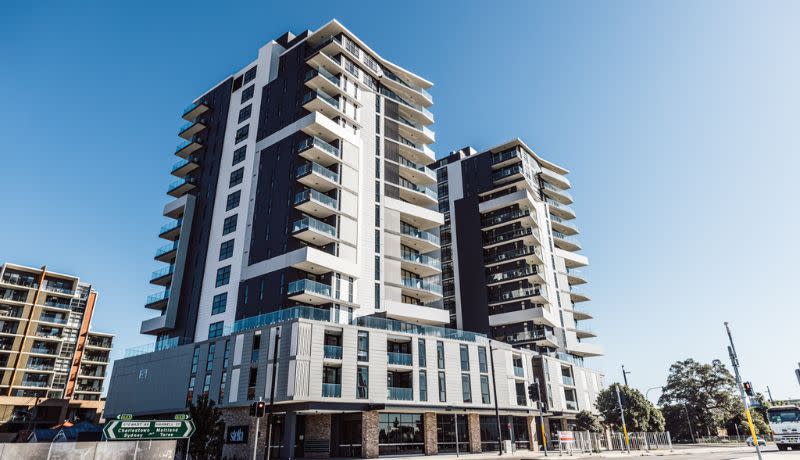Speak to anyone about Specialist Disability Accommodation and they’ll tell you it can be a lucrative sector to be in, but at the same time a complex one.
Which is why SDA providers are waiting patiently to see if the four-month-old Labor federal government is as good as its word.
In June the new Minister of the National Disability Insurance Scheme Bill Shorten vowed to clear the backlog of thousands of legal appeals for funding from the agency.
“It’s a very slow and laborious process,” says Thirdi’s general manager Ashleigh Button.
“The process for an individual to get funding for Specialist Disability Accommodation (SDA) is very rigorous. They have to get an occupational therapy report, and then a variety of legal reports written as to why they require SDA,” she said.
“And that’s for any form of SDA, from a group home, right up to an apartment, and of course there are various levels in between.
“So, I think everyone is pretty hopeful that in the next 12 months you'll see things get a little better for participants to get the funding that they want.”
There are currently about 500,000 Australians in the NDIS program. About six per cent will qualify for specialist accommodation because they are deemed to have an extreme physical or functional impairment.
Thirdi got involved in the sector in 2014 as part of a pilot programme with the not-for-profit Summer Foundation, who wanted to prove the viability of SDA within the NDIS framework. Thirdi delivered 10 apartments for the foundation in Belmont, 20km south of Newcastle, to show it was a cost-effective support model.
▲ The Stella on Hannell mixed-use development has 140 units, including 14 given over to specialist disability accommodation.
What Thirdi and the foundation showed was the cost-effectiveness of the so-called 10-to-1 model. Specialist one-on-one care can cost up to $650,000 a year, but the pilot showed that can be spread over 10 tenants.
Since then, Thirdi—through its specialist arm Insitu Housing—has delivered 25 specialist disability apartments and has another 30 planned and ready to begin construction in the next six months.
Most recently they completed 140 units in a mixed-use development in the inner Newcastle suburb of Wickham. Fourteen of those units are given over to SDA, with one apartment for an overnight carer.
“Most people want to see disability housing integrated into community housing developments because there are lots of benefits for both the able-bodied people and people that have disabilities to actually interact together,” Button said.
“Previously, you may have had young disabled people in nursing homes, or most people only have the option to be in a group home.
“This is much more reflective of society as you generally see it.”
Button will be part of a panel at The Urban Developer’s Specialist Disability Accommodation vSummit on Thursday, September 15.
The vSummit will include more than 15 industry experts delivering presentations, case studies and panel discussions delving into the latest research and perspective on the current state of the six-year old sector and its outlook for the future.










